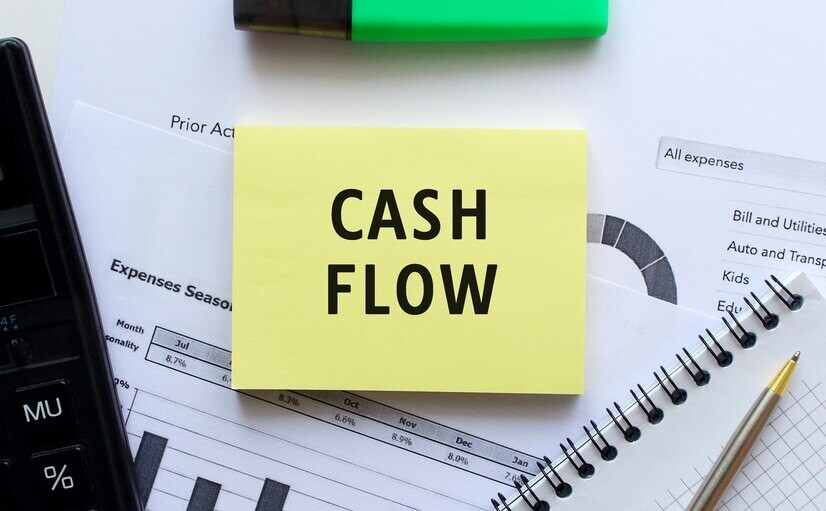Preparing for a financial audit can be daunting, but with the right approach, you can navigate the process smoothly. Whether you’re a small business owner or managing a larger corporation, knowing how to prepare for financial audits is crucial for ensuring compliance and maintaining your financial health. In this article, we’ll walk you through key steps that will help you get ready for an audit, making the process less stressful and more efficient.
Understand the Purpose of the Audit
Before going into the preparation steps, it’s important to understand why financial audits are conducted. Audits provide an independent assessment of your financial statements, ensuring accuracy and compliance with accounting standards. Knowing how to prepare for financial audits starts with understanding that the goal is to provide a true and fair view of your financial position. This mindset will help you approach the audit with the right attitude, making the preparation process smoother.

1. Organize Your Financial Records
One of the most critical steps in how to prepare for financial audits is organizing your financial records. Ensure that all your financial documents, including invoices, receipts, bank statements, and contracts, are well-organized and easily accessible. Having a clear and organized record-keeping system will not only make the audit process quicker but also demonstrate to the auditors that your business is diligent in its financial practices.
2. Review Your Internal Controls
Another essential aspect of preparing for an audit is reviewing your internal controls. Internal controls are the procedures and policies that your business uses to ensure accurate financial reporting. As you learn how to prepare for financial audits, take the time to assess your internal controls, making sure they are effective and up-to-date. Strong internal controls can prevent errors and fraud, reducing the risk of issues during the audit.
3. Reconcile Accounts Regularly
Regular account reconciliation is a key part of preparing for an audit. By reconciling your accounts, you ensure that your financial records match your bank statements, minimizing discrepancies. As you focus on how to prepare for financial audits, make sure to perform regular reconciliations throughout the year. This habit will help you catch and correct errors early, making the audit process smoother.
4. Prepare Financial Statements
Having accurate and up-to-date financial statements is crucial when preparing for a financial audit. These statements, including the balance sheet, income statement, and cash flow statement, provide a snapshot of your financial health. Learning how to prepare for financial audits involves ensuring that these documents are accurate, consistent, and ready for review. Double-check your figures and ensure that all necessary adjustments have been made before the auditors arrive.
5. Communicate with Your Auditor
Effective communication with your auditor is essential when preparing for a financial audit. As part of your strategy for how to prepare for financial audits, reach out to your auditor in advance to discuss the audit process, timelines, and any specific requirements they may have. This communication will help you understand what to expect and allow you to address any concerns before the audit begins.
6. Review Prior Audit Reports
If your business has undergone previous audits, reviewing those reports can be incredibly beneficial. Look at the recommendations and findings from past audits and ensure that any issues have been resolved. As you work on how to prepare for financial audits, addressing past audit findings shows that your business is proactive in improving its financial processes.
7. Train Your Team
Preparing your team for the audit is another important step in the process. Ensure that your finance team is aware of the upcoming audit and knows what is expected of them. As you consider how to prepare for financial audits, make sure your team is trained to answer questions and provide documentation efficiently. A well-prepared team can significantly ease the audit process.
8. Conduct a Pre-Audit Review
Before the actual audit begins, conducting a pre-audit review can be extremely helpful. This review allows you to identify and address potential issues before the auditors arrive. Learning how to prepare for financial audits includes taking the initiative to perform this internal review, which can save time and reduce stress during the actual audit.
9. Maintain Transparency
Transparency is key to a successful audit. Be open and honest with your auditors, providing them with all the information they need. As you focus on how to prepare for financial audits, remember that maintaining transparency helps build trust and ensures that the audit process goes smoothly.
10. Stay Calm and Cooperative
Finally, it’s important to stay calm and cooperative throughout the audit process. Preparing for a financial audit can be stressful, but approaching it with a positive attitude will make it much easier. Understanding how to prepare for financial audits means being ready to collaborate with your auditors, answer their questions, and provide any additional information they may need.
Conclusion
Preparing for a financial audit doesn’t have to be overwhelming. By organizing your records, reviewing internal controls, and maintaining clear communication with your auditors, you can navigate the process with confidence. Understanding how to prepare for financial audits and following these steps will help ensure that your audit goes smoothly, ultimately strengthening your business’s financial practices.




